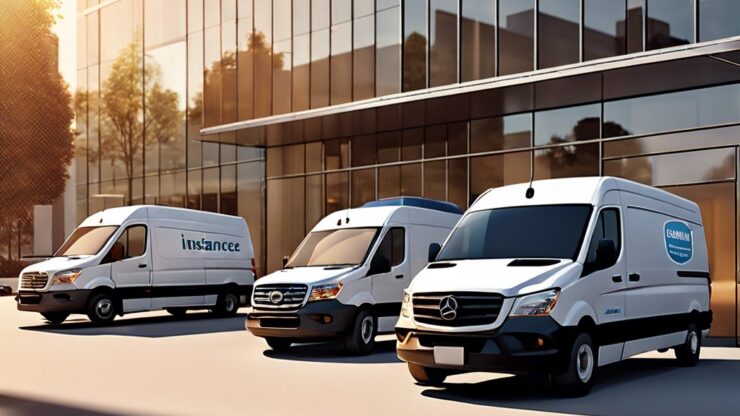Understanding the Importance of Commercial Auto Insurance
When your business relies on vehicles to operate, it’s crucial to ensure they are protected with the right insurance. Commercial auto insurance is specifically designed for vehicles used for business purposes, and it offers coverage that personal auto insurance simply cannot provide. If you are a business owner, understanding this type of insurance can save you from significant financial losses in case of an accident or damage to your vehicle.
Why You Need Commercial Auto Insurance:
Commercial auto insurance not only covers your vehicles but also protects your business from potential liabilities. This coverage is essential for any business that uses vehicles for transporting goods, providing services, or even for employee use. With the right policy, you can safeguard your assets and ensure your business continuity in the face of unforeseen events.
Key Coverage Options for Business Vehicles
When evaluating your options for commercial auto insurance, it’s important to understand the various types of coverage available. Here’s a breakdown of the key coverage options you should consider:
- Liability Coverage: Protects against claims resulting from injuries or damages to others.
- Collision Coverage: Covers damages to your vehicle resulting from a collision, regardless of fault.
- Comprehensive Coverage: Provides protection against non-collision-related incidents such as theft, vandalism, or natural disasters.
- Uninsured/Underinsured Motorist Coverage: Offers protection if you’re involved in an accident with a driver who lacks sufficient insurance.
Evaluating Your Commercial Auto Insurance Needs
To determine the right level of coverage for your business, consider the following steps:
- Assess Your Fleet: Evaluate the number and types of vehicles used in your business operations.
- Identify Usage: Understand how each vehicle is utilized – whether for transporting goods, delivering products, or employee travel.
- Review Your Risks: Analyze the potential risks associated with your business operations and choose coverage options accordingly.
- Consult with an Insurance Agent: Engage with a professional to tailor a policy that meets your specific needs.
By evaluating these factors, you can make informed decisions about your commercial auto insurance, ensuring that your business vehicles are adequately protected.
Disclaimer
This article has been created or edited with the support of artificial intelligence and is for informational purposes only. The information provided should not be considered investment advice. Please seek the support of a professional advisor before making any investment decisions.






